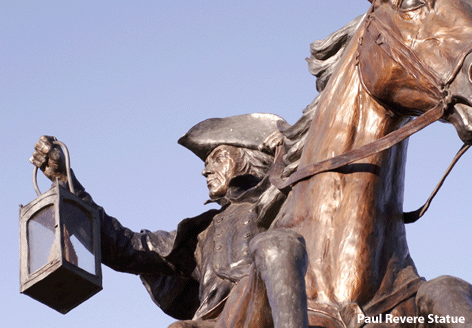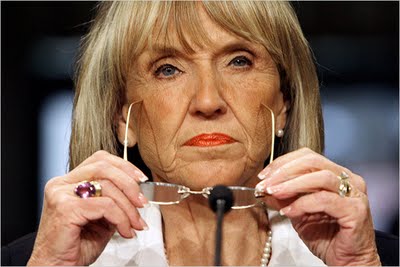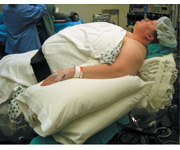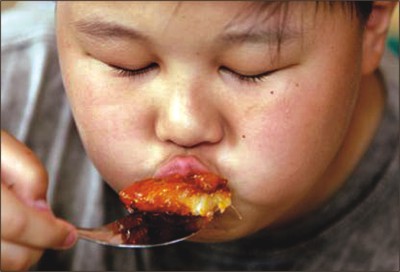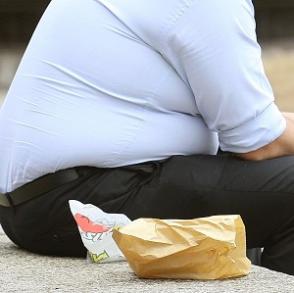From Arizona, the nation’s new cauldron of politically incorrect thought, comes this idea. Make obese adults in the Medicaid system pay a $50 fee as a penalty and an incentive to get into better shape.
Arizona’s Republican Gov. Jan Brewer proposed the idea last week as a way to address ever-expanding Medicaid costs. And the idea is not as bluntly punitive as it sounds. Patients would be required to work with a primary care doctor on their weight issue, and those who don’t meet certain goals would be assessed the fee. Only childless adults would be subjected to the fee.
Brewer also want to target smokers with the same $50 fee. Some 46 percent of Arizona’s Medicaid patients smoke daily. About a quarter of the population is considered obese in Arizona, according the the Centers of Disease Control and Prevention.
Call me a churl, but it seems perfectly logical to attach extra costs to those who don’t engage in healthy lifestyles.
Yet somehow I doubt a “fat fee” have a snowball’s chance in Massachusetts. I suspect a bloc in the Legislature would rise up against it, saying obese people can’t help it and shouldn’t be fined for being fat — it would be a case of victimizing the victim.
Obesity fee: Why not in Massachusetts? | Boston Business Journal
